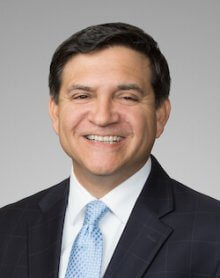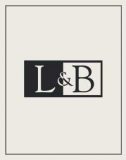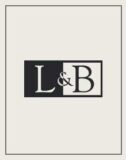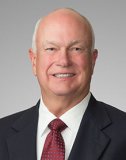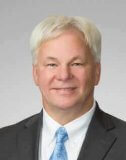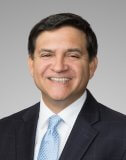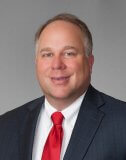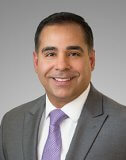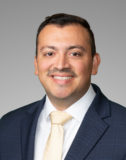In Texas, in cases where attorney’s fees are recoverable either by statute or contract, a prevailing party historically was allowed to recover attorney’s fees as long as the Anderson factors were met. Arthur Anderson & Co. v. Perry Quip. Corp., 945 S.W.3d 812, 818 (Tex. 1997). These factors include:
(1) the time and labor required, the novelty and difficulty of the questions involved, and the skill required to perform the legal service properly;
(2) the likelihood . . . that the acceptance of the particular employment will preclude other employment by the lawyer;
(3) the fee customarily charged in the locality for similar legal services;
(4) the amount involved and the results obtained;
(5) the time limitations imposed by the client or by the circumstances;
(6) the nature and length of the professional relationship with the client;
(7) the experience, reputation, and ability of the lawyer or lawyers performing the services; and
(8) whether the fee is fixed or contingent on results obtained or uncertainty of collection before the legal services have been rendered.
This issue was recently addressed by the Supreme Court of Texas in Rohrmoos Venture, et al. v. UTSW DVA Helathcare , LLP, 2019 WL 1873428, ___ S.W.3d ____ (Tex. 2019) (Opinion Delivered Apr. 26, 2019) in which the Texas Supreme Court extended the concept of prevailing party to prevailing defendant and provided clear guidance on the evidence necessary to recover attorney’s fees, which moves Texas closer to the federal practice for recovery of attorney’s fees. For each person working on a case, sufficient evidence of attorneys includes, at a minimum, evidence of
1) particular services performed,
2) who performed those services,
3) approximately when those services were performed,
4) the reasonable amount of time required to perform the services, and
5) the reasonable hourly rate for each person performing such services.
Id. at Slip Op. 49. While billing records are not required to prove these factors, the Texas Supreme Court, strongly encouraged the use of billing records to prove the reasonableness and necessity of requested fees when those elements are contested. Id. at Slip Op. 50.
Comments. Civil Practice & Remedies Code § 38.001, et seq., provides the statutory basis for any action for recovery of attorney’s fees.
Thus, a party who anticipates filing a lawsuit, either based in contract and/or covered by the statute, should consult with an experienced litigation attorney and qualified experts early on who can provide the evidence necessary to secure an attorney’s fees award.


